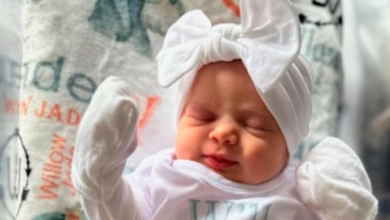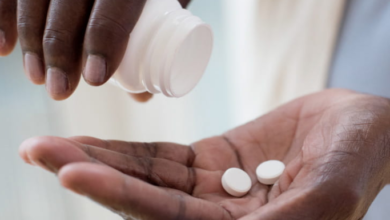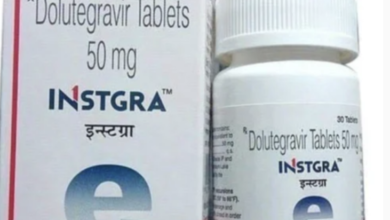Highly Pathogenic H5N1 Avian Influenza Detected in Maryland Backyard Flock: Biosecurity Measures Urged

The Maryland Department of Agriculture has reported the detection of highly pathogenic H5N1 avian influenza (HPAI) in a backyard flock in Charles County, prompting swift action to prevent the spread of the disease. State officials have implemented quarantine measures for all affected premises, with depopulation efforts underway or completed to curb the further transmission of the virus. The confirmation of this case is pending final results from the U.S. Department of Agriculture’s National Veterinary Services Laboratory.
Maryland Department
Maryland Department of Agriculture Secretary Kevin Atticks stressed the importance of vigilance, particularly as the spring migratory season begins. Biosecurity measures are crucial in mitigating the threat of HPAI, and all poultry growers, operators, and backyard flock owners are urged to remain cautious.
Avian influenza, a highly contagious respiratory virus, spreads easily among birds through nasal and eye secretions, as well as manure. The virus poses a significant risk to chickens, ducks, turkeys, and some wild bird species. While the risk of transmission between birds and the general public is low, the Maryland Department of Agriculture emphasizes the need for heightened biosecurity measures.
If HPAI is suspected on personal property, wild birds, or in a commercial operation, the following common-sense biosecurity steps are recommended:
Look for signs of illness: Recognize the warning signs of infectious bird diseases.
Report suspected sick birds: Contact the Maryland Department of Agriculture at 410-841-5810 to report a possible case of HPAI.
Clean and disinfect transportation: Avoid walking or driving through areas with waterfowl or wildlife feces. Thoroughly clean shoes, vehicles, and equipment to prevent the spread of disease.
Remove loose feed: Prevent wild birds, rodents, and insects from accessing spilled or uneaten feed, as they can carry HPAI.
Limit visitors: Only allow essential personnel to come in contact with poultry, ensuring they follow biosecurity principles.
Hand hygiene: Wash hands before and after interacting with live poultry, using soap and water. If using hand sanitizer, clean hands thoroughly.
Provide disposable boot covers or disinfectant footbaths: Ensure anyone in contact with the flock uses disposable boot covers or footbaths to prevent the spread of contaminants.
Change clothes: Change into clean clothing before entering poultry areas and leaving the property.
Protective gear for visitors: Visitors should wear protective outer garments, disposable coveralls, boots, and headgear when handling birds. Shower or change clothes before leaving the facility.
Clean and disinfect tools or equipment: Prior to moving tools or equipment to a new poultry facility, clean and disinfect to prevent the transport of disease.
These comprehensive biosecurity practices aim to contain the spread of HPAI and protect both poultry populations and public health. As the situation unfolds, adherence to these guidelines becomes paramount in minimizing the impact of avian influenza outbreaks.




